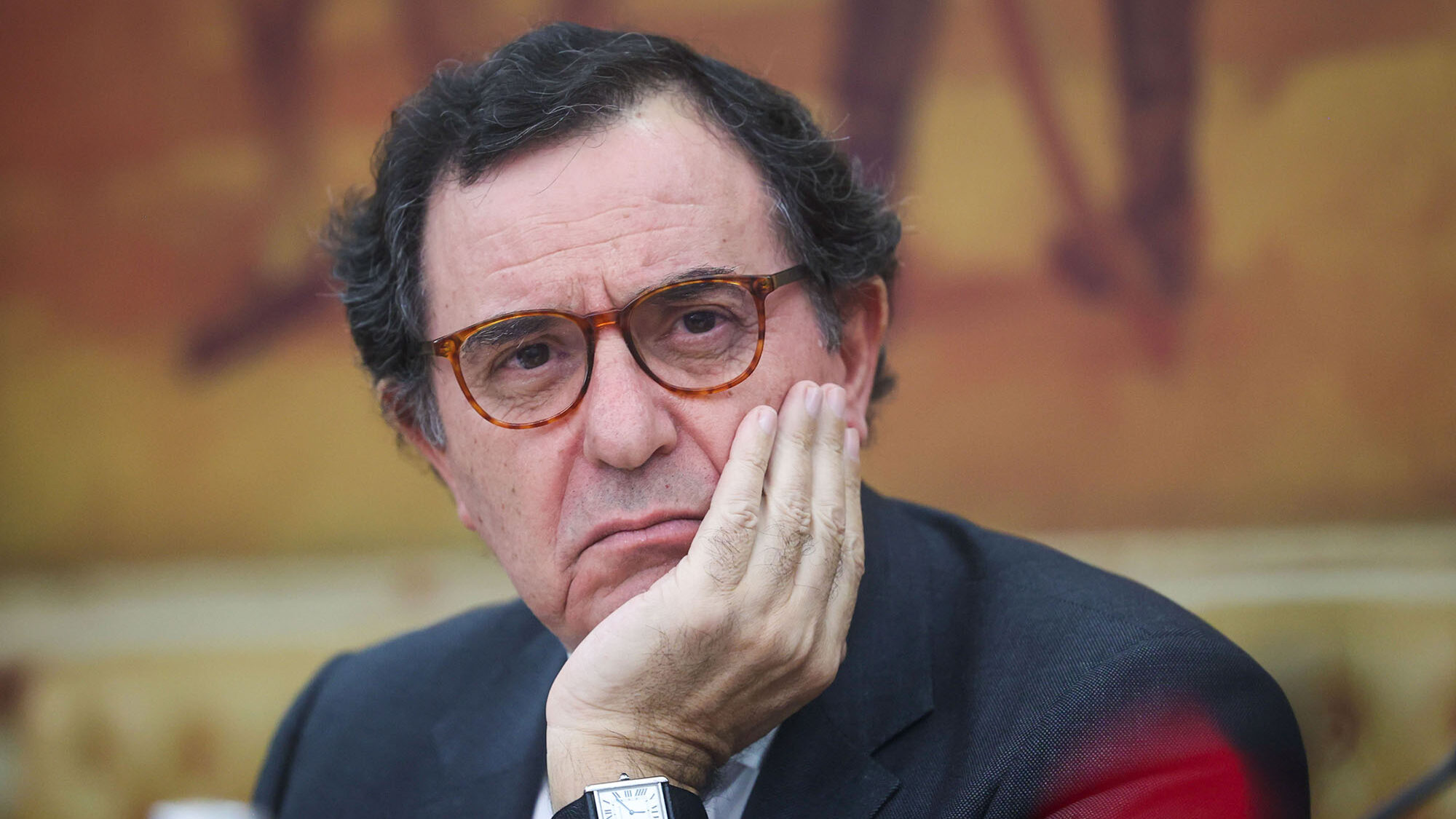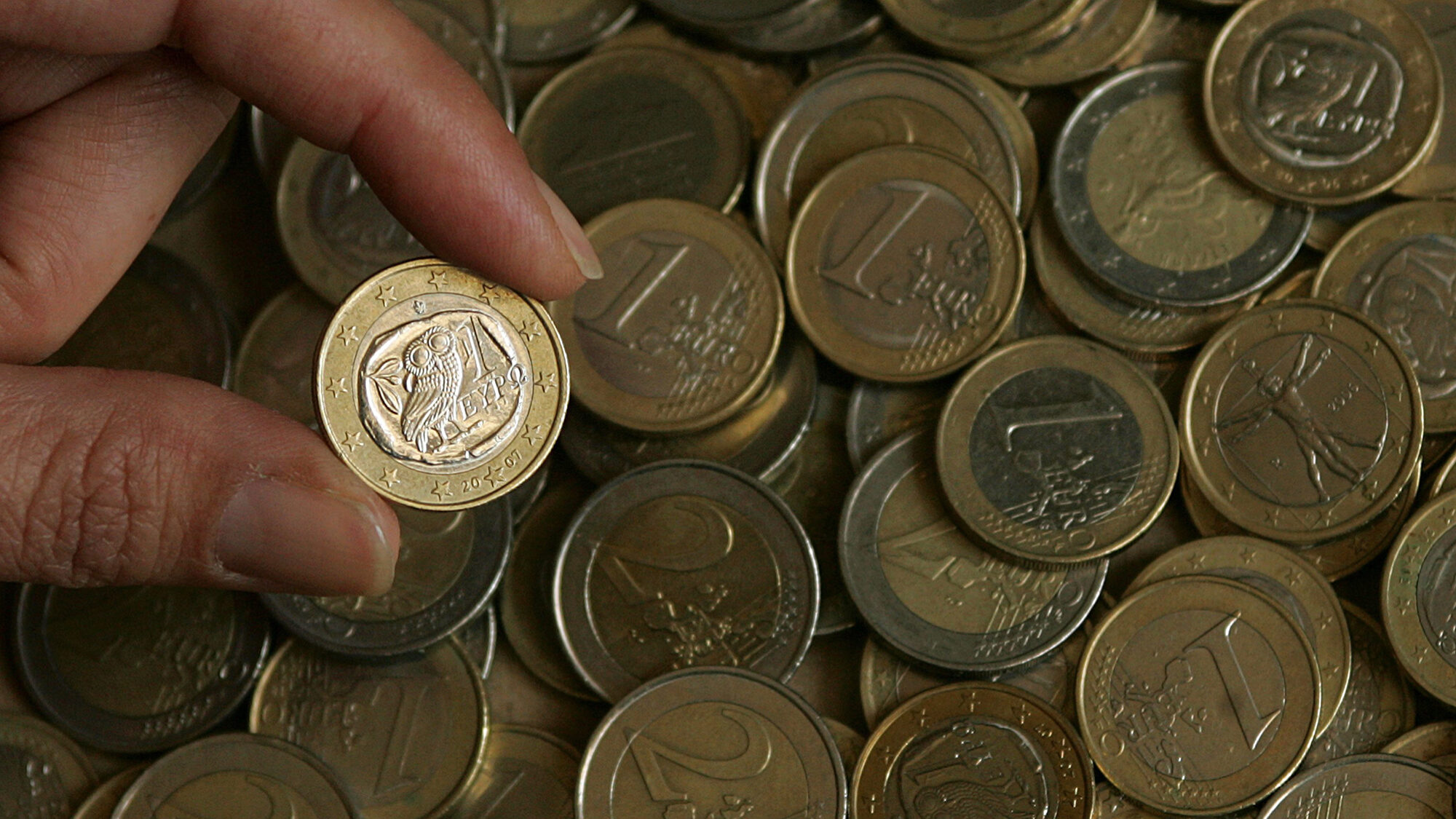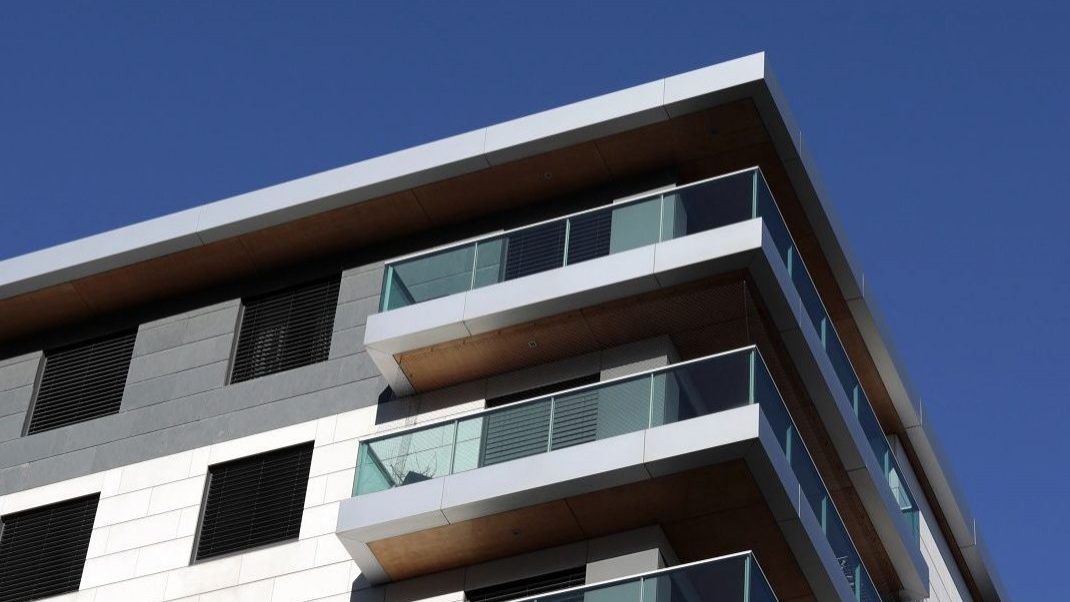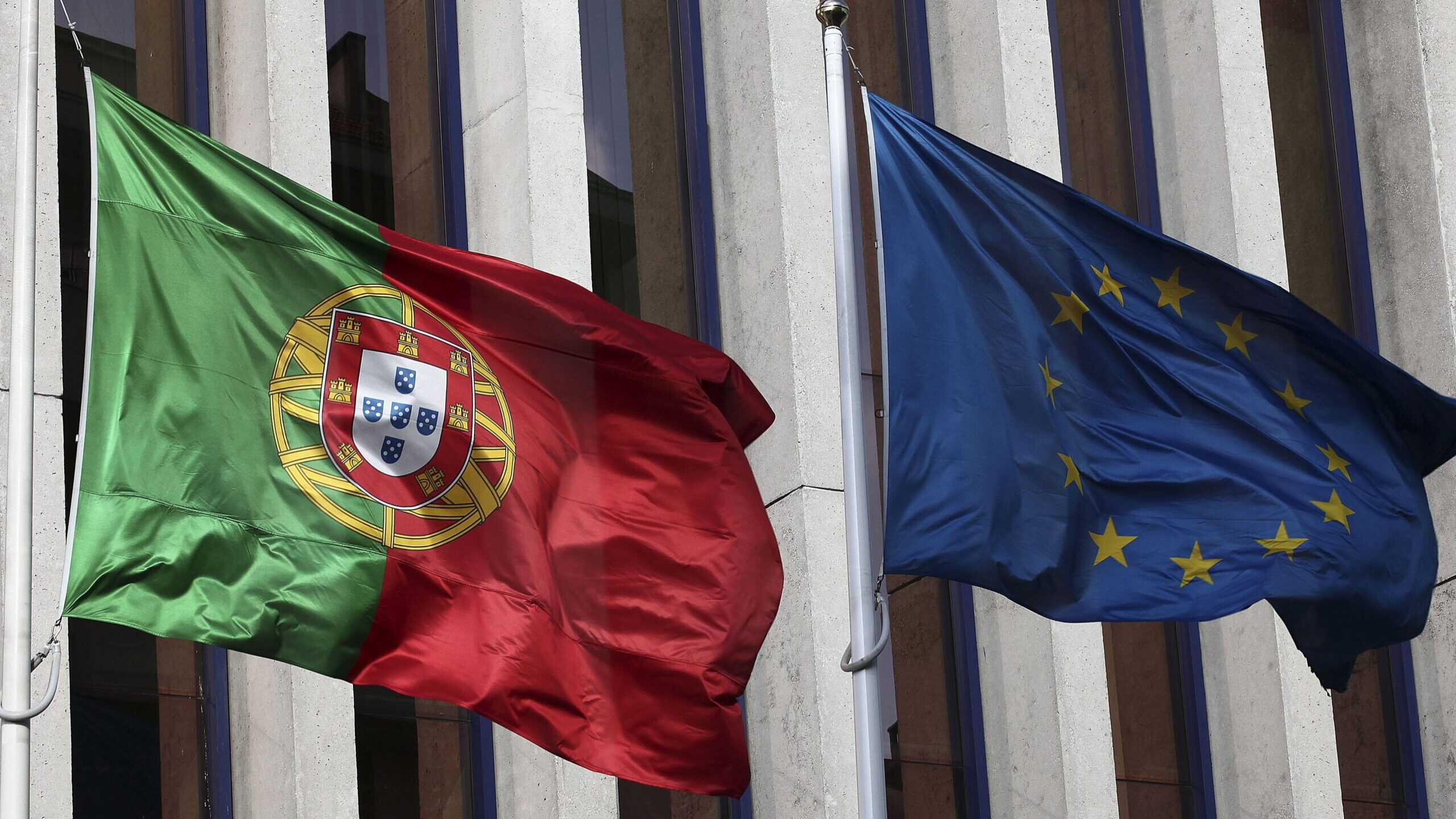Trump excluded António Costa from the meeting for peace negotiations in Ukraine
The US president only invited the president of the European Commission, but "the treaties" dictate that the president of the European Council should also have been present, according to EU sources.
Donald Trump did not invite the President of the European Council, António Costa, to the meeting that took place at the White House in Washington, with a view to peace negotiations in Ukraine. The US President only wanted one representative from the European Union (EU) and decided to give the place to the leader of the European Commission, Ursula von der Leyen, despite the protocol dictating that, in this type of situation, both the President of the European Commission and the President of the European Council should have been present, European sources revealed to ECO.
It should be noted that, in addition to von der Leyen, the meeting, which took place on 18 August, was attended by the President of Ukraine, Volodymyr Zelensky, the German Chancellor, Friedrich Merz, the President of Finland, Alexander Stubb, French President Emmanuel Macron, Italian Prime Minister Giorgia Meloni, British Prime Minister Keir Starmer, and NATO Secretary General Mark Rutte.
“If we analyse the treaties, this type of meeting would require dual representation, as in so many other cases, because the President of the European Council and the President of the European Commission have different powers and functions. In this case, in light of the treaties, the President of the European Council should have been invited by the US”, according to clarifications provided by an official source from the European Union (EU) to ECO.
“A dual representation would have made sense, because the European Council plays an important role in sanctions and financial assistance to Ukraine, and handles enlargement negotiations”, he stresses.
However, the same source reveals, “Trump only wanted one EU representative”. “And the choice was the President of the European Commission, since they have been negotiating” the trade tariff dossier for months. “The US is in a unique situation because of this”, he points out.
António Costa, former Prime Minister of Portugal, did not want to be left out of the peace negotiations in Ukraine and organised a European Council meeting by videoconference the very next day, on 19 August. At the end, he held a press conference from the European Commission’s representation in Lisbon to announce the preparation of a new package of sanctions against Russia.
“What can the EU do to lend credibility to and support Trump’s peace efforts? First, it must increase pressure on Russia by moving forward with the preparation of the 19th package of sanctions to ensure that we maintain pressure on Russia to stop the war”, António Costa said at the time.
“Secondly”, he added, the EU must “unlock the European Peace Facility in order to strengthen Ukraine’s military capabilities”. António Costa stressed that “the basis for security guarantees will always be Ukraine’s armed forces”. However, it is up to Europe to “strengthen its capacity”.
And, “finally”, the EU must “move forward with the enlargement process, as Ukraine’s future is not only about security measures; it is also about the prospect of stability, development and prosperity that access to the EU will ensure”, he stressed.
European sources point out that “the President of the European Council is results-oriented, pragmatic and responsible” and would therefore “never export internal issues such as the EU’s external representation to a situation like this, on a subject as crucial as the future of Ukraine and relations with the US”.
“It is not in his character”, they stress. “The issue of peace in Ukraine is essential for the European Union. It requires all European institutions to work together with Member States as a team with the same goal: to ensure a just and lasting peace for Ukraine”, the same source argues.
Thus, “the main priority is to achieve positive results in this regard, and that requires a great deal of pragmatism and flexibility from everyone”, he points out.
And he dismissed a case similar to the unusual sofagate: during a visit to Turkey in April 2021, there was only one chair for the then President of the European Council and the President of the European Commission. Charles Michel took the seat and Ursula von der Leyen had to sit on a sofa, feeling hurt by her counterpart’s discourtesy.
Could it be that António Costa did not go to Washington so as not to overshadow von der Leyen? The mystery is solved: Trump simply did not invite him. European sources reiterate that the relationship between Costa and Ursula “is excellent”.




